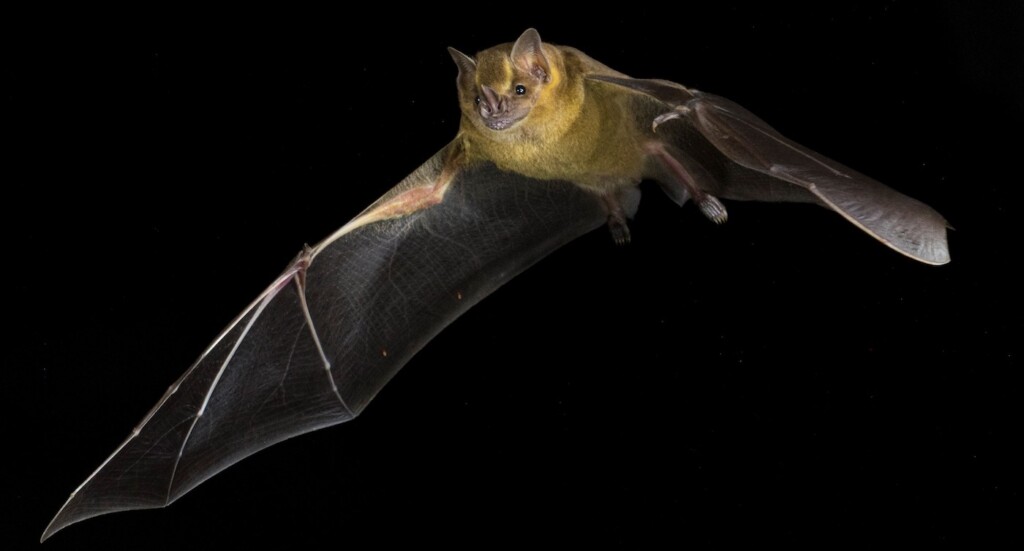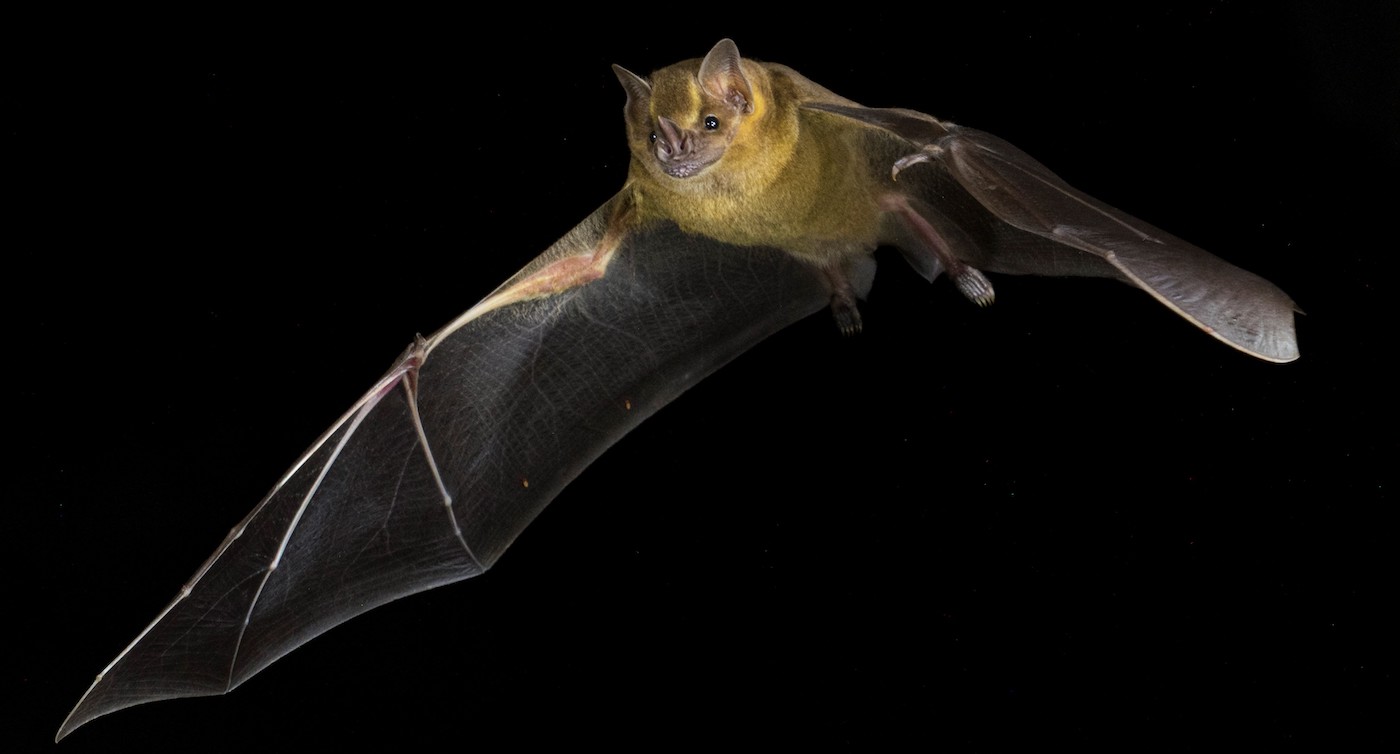
A new study shows that bats evolved to avoid cancer and the data may uncover how humans can treat or prevent viruses as well as cancer.
A rapid evolution in bats, the only winged mammal, may account for their “extraordinary” ability to both host and survive infections and even to avoid cancer—and that success is in their genes.
Bats are exceptional among mammals for not only their ability to fly but also their long lives, low cancer rates, and robust immune systems.
The ability of bats to tolerate viral infections may stem from unusual features of their innate immune response—and these characteristics may have implications for human health.
For example, by better understanding the mechanisms of the bat immune system that allow bats to tolerate viral infections, researchers may be better able to prevent disease outbreaks from animals to people.
BEATING CANCER: Delicious Cancer Breakthrough: Pomegranates Found to Significantly Fuel Tumor-Fighting Immune Cells
Comparative genomic analyses of bats and cancer-susceptible mammals may eventually provide new information on the causes of cancer and the links between cancer and immunity. Studies of bats and other organisms complement studies based on mouse models; mice are more amenable than bats to experimental manipulation but exhibit fewer characteristics with implications for human disease.
In a paper published in Genome Biology and Evolution by Oxford University Press
this week, researchers used the Oxford Nanopore Technologies long-read platform, and bat samples collected with help from the American Museum of Natural History in Belize, to sequence the genomes of two bat species—the Jamaican fruit bat and the Mesoamerican mustached bat.
The researchers at of Cold Spring Harbor Laboratory in New York carried out a comprehensive comparative genomic analysis with a diverse collection of bats and other mammals.
POPULAR: Vitamin D Could Help Protect Women Against and Even Reverse Ovarian Cancer
They found genetic adaptations in six DNA repair-related proteins and 46 proteins in bats that were cancer-related, meaning that researchers have previously found such proteins suppress cancer.
Notably, the study found these altered cancer-related genes were enriched more than two-fold in the bat group compared to other mammals.
“By generating these new bat genomes and comparing them to other mammals we continue to find extraordinary new adaptations in antiviral and anticancer genes,” said the paper’s lead author, Armin Scheben.
“These investigations are the first step towards translating research on the unique biology of bats into insights relevant to understanding and treating aging and diseases, such as cancer, in humans.”
Founded in 1890 and home to eight Nobel Prize winners, the not-for-profit Cold Spring Harbor Laboratory furthers biomedical research and education with programs in cancer, neuroscience, plant biology and quantitative biology. Additional funding came from National Institutes of Health and Simons Center for Quantitative Biology.
FLY SOME HOPE For Cancer Research By Sharing on Social Media…




















